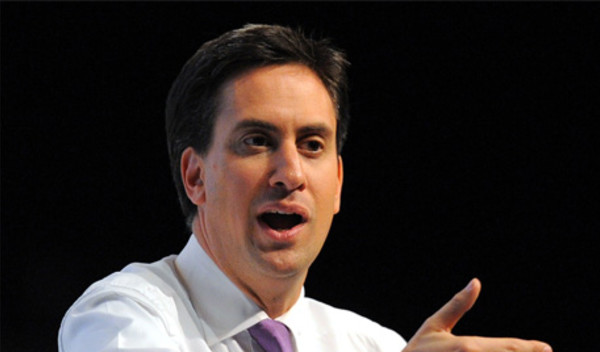

The hypothetical move was announced in a speech by Ed Miliband on Friday (6 March), the same day as a Which? investigation found a wide range of charges, including one firm levying a fee of 2.76 per cent on existing customers seeking to use drawdown to access their fund.
Which? launched its own campaign, urging a cap on drawdown charges for existing savers, with figures from 0.5 per cent to 1 per cent being tossed around.
Insurers and industry bodies responded to Labour’s plans immediately in a chorus of derision, with providers in particular warning price caps are a clumsy mechanism that could in fact reduce consumer choice by dissuading firms from offering freedoms.
Firms never like price caps; but then neither do I, as a rule. They often come a cropper, just as the other hypothetical Labour price cap on energy prices could have done when oil prices subsequently collapsed.
That being said, I do think we need to do something about the plight of some existing savers in legacy schemes before talk of ‘rip-off’ charges becomes a ‘scandal’.
The press love a scandal. Just this weekend the Telegraph reported the latest on an ongoing “pension error scandal”, where savers with Aviva and Friends Life whose fund values were miscalculated are being offered redress that does not include a statutory 8 per cent interest.
For its part, Aviva has said it feels where a saver has not taken out borrowing as a result of its errors, 8 per cent is “too generous”. Pension minister Steve Webb is quoted castigating the providers in the piece, saying he has “no sympathy with insurers’ protests”.
And what about the piece in the Independent a couple of weeks’ ago, which revealed the “scandal” of decades of overcharging in closed book schemes run by Phoenix, which has been applying a ‘rounded’ bid/offer spread 20 per cent above the maximum set out in the contract?
In relation to pension freedoms and access charges we are not in this territory yet, largely because the issues which are likely to lead to consumers losing out are technically within the terms of the policies.
Last year a number of insurers with legacy schemes admitted to the Sunday Times they might not offer the full range of pension access options and would also apply contractual exit charges, which in extreme cases can be 20 per cent.
That is all in accordance with what firms are able to do, but that doesn’t make it right. Nor is it right to offer drawdown to existing savers, but charge them approaching 3 per cent for the privilege, with the only alternative likely being for the client to buy their way out of the contract.
What I am saying is, I don’t buy the argument of adhering to contractual terms that are patently unfair. That would be a real scandal.
That is not to suggest the only solution is a price cap. Which? suggested as a secondary measure a state-backed scheme offering low-cost drawdown, though the economics of this might not add up.
I would be in favour of something more simple and based around those old principles of Treating Customers Fairly enshrined by the Financial Conduct Authority, which obviously doesn’t regulate all of these schemes.
How about legislating that exit charges on existing policyholders cannot be punitive and can only be a reflection of administration costs for a firm to facilitate the move, in line with the sort of rules that apply in the banking sector?
I am sure any such move would be given equally short shrift from the industry, defending their ‘free’ market. It seems to me it would actually liberate more savers from what shackles remain in the sector.
ashley.wassall@ft.com



.png?source=design-system&width=126)